It’s 19 days to the February 25 presidential poll, and there’s anxiety that a winner might not emerge among the 18 candidates on Election Day, resulting in a re-off for the two leading candidates.
The amended 1999 Constitution mandates that for a person to be declared the winner, they must score the highest number of votes cast, and obtain one-quarter (25 per cent) of votes in the 36 States of the Federation and the Federal Capital Territory (FCT), Abuja.
Not surprising, each of the four leading candidates of the All Progressives Congress, Peoples Democratic Party, Labour Party and the New Nigeria Peoples Party is laying claim to winning at the first ballot on February 25.
Particularly cocksure of victory is LP’s Peter Obi who, sharing the ticket with Yusuf Datti Baba-Ahmed, claims the 36 States and the FCT “are in the bag.”
The Obi-Datti campaign’s confidence is fueled by online polls that have projected Obi as ahead of the pack – with wide margins – were the election to be held during the pendency of the polls.
Former Vice President Atiku Abubakar and his running mate, Delta State Governor Ifeanyi Okowa, on the platform of the PDP, were the first to boast to secure the Presidency at the first vote.
In a November 19, 2022, statement, Kola Ologbondiyan, spokesman for the PDP Presidential Campaign Council, said the Atiku-Okowa campaign “is confident that by every indices and data available, our candidate, Atiku Abubakar, will win the election of February 25, 2023 at the first run.”
“The campaign urges INEC to deploy its resources towards conducting a free, fair, transparent and credible election that will be generally accepted by majority of Nigerians,” Ologbondiyan said.
He asked the INEC “not to listen to diversionary narratives by apologists of All Progressives Congress (APC), who are ostensibly seeking ways to derail the election, having realised that their Party has been rejected.”
“We urge Nigerians to remain resolute in their choice, Atiku Abubakar, and take every step necessary within the ambit of the law to protect their votes, Ologbondiyan added.
The statement comes as reaction to INEC’s plan to print two sets of ballot papers – for a possible run-off election in case there’s no clear winner in the main poll.
At a November 18, 2022, roundtable with media Editors and Bureau Chiefs in Abuja, INEC’s Commissioner for Information and Voter Education Committee, Festus Okoye, said the printing of two sets of ballot papers was a standard practice since 1999, in readiness for run-off elections (for President and Governor), in line with the provisions of the 1999 Constitution.
Former Lagos State Governor Bola Ahmed Tinubu, contesting along with former Borno State Governor Kashim Shettima, came into the race with the viral “Emi lo kan” (It’s my turn) mantra.
Lately, he’s been projecting victory for his joint ticket following a whirlwind electioneering across the states, with a couple of the rallies held same day – the first candidate to do so this poll cycle.
As a boost for Tinubu, President Muhammadu Buhari’s iterated his commitment to the success of the Tinubu-Shettima ticket, and other APC candidates down the line.
Former Kano State Governor Rabiu Musa Kwankwaso, and his deputy candidate, Bishop Isaac Idahosa, hasn’t been as boisterous about victory as other candidates.
But relishing his underdog status in the race, Kwankwaso says the outcome of the poll “will shock Nigerians,” as he’ll defeat Tinubu, Atiku and Obi on Election Day.
Each of the candidates bandies his experience, competence, and capacity to get the job done; popularity and reach; and ability to unite a bitterly divided society.
As the hustlings move into the homestretch – with a few states yet to cover before the February 23 deadline – the candidates are flaunting the size of their rallies as a measure of acceptance by the electorate, and their chances of winning the election.
However, as a work in progress every week henceforth, let’s project the states that each of the leading candidates can win outrightly, the number of states leaning their way, and from those they can secure 25% based on the factors below:
Party structures in terms of voting pattern and the number of states controlled; representions at the legislatures; the dynamics at play at national and state levels; ethnic, sectional and religious biases; and the war chest available to the candidates for the campaigns.
But three principal developments may affect the outcome of the presidential poll. First is the entry of Obi on the LP platform, with the likelihood of sweeping the five South-East states occupied by the PDP, APC and All Progressives Grand Alliance.
Second is the APC Muslim-Muslim ticket of Tinubu and Shettima that has unsettled the Christian-Muslim, Muslim-Christian balance of power between Southern and Northern Nigeria since 1999.
And third is the division in the PDP between the leadership and five aggrieved governors (PDP-G5), who’ve distanced themselves from the party’s campaign council and the Atiku-Okowa ticket, and with two of the governors backing candidates of other parties.
Going into the election, the APC controls 21 states, the PDP 14 states, and the APGA one state.
Given the listed factors – and barring any political earthquake or a February surprise – Tinubu may receive 25% in 34 states and FCT, claim 16 states outrightly, and stand a 50% chance to pick all or some of six other states.
The states for Tinubu are: Borno, Cross River, Ekiti, Gombe, Kaduna, Kogi, Kwara, Lagos, Nasarawa, Ogun, Ondo, Osun, Rivers, Sokoko, Yobe and Zamfara. And he can pick all or some of Bauchi, Edo, Jigawa, Kano, Katsina, Kebbi, Oyo and FCT.
Atiku may gain 25% threshold in all 36 states and FCT, win six states outrightly, and a 50% chance of securing additional seven states.
The states for Atiku are: Adamawa, A/Ibom, Bayelsa, Delta, Plateau and Taraba. He can pick Bauchi, Edo, Jigawa, Kano, Katsina, Kebbi, Oyo and FCT.
Obi can score 25% in 10 states, and win six, including Abia, Anambra, Benue, Ebonyi, Enugu, Imo and FCT.
For Kwankwaso, he may secure 25% in four or five states and a bright chance to pick Kano State.
As stated earlier, the projection of the states likely to fall to the four leading presidential candidates is dynamic and a work in progress, which configuration may change by this time next week or in the last week before the February 25 poll.
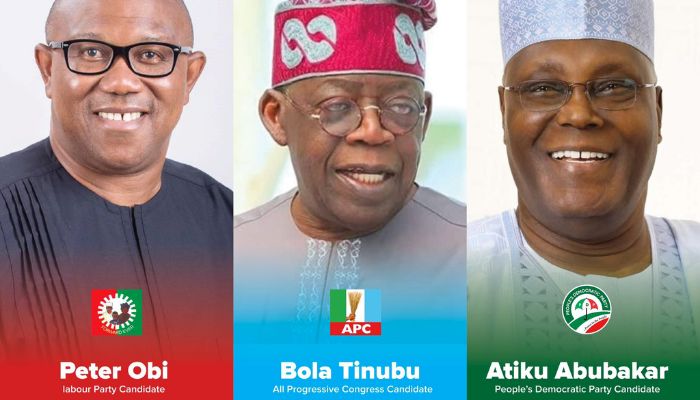
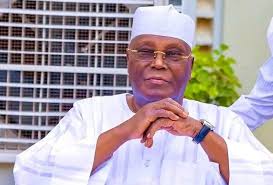





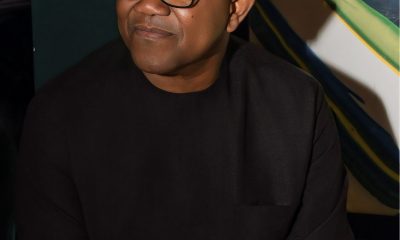

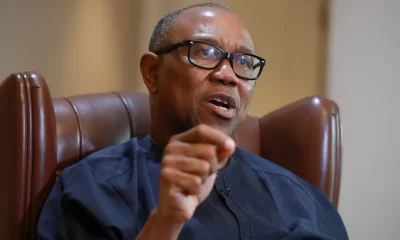

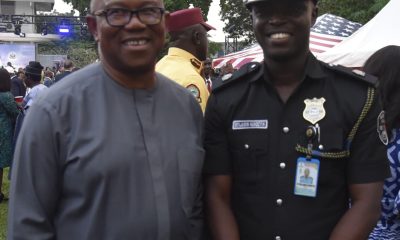


 Comments and Issues2 days ago
Comments and Issues2 days ago
 Business6 days ago
Business6 days ago
 Business1 week ago
Business1 week ago
 Business1 week ago
Business1 week ago
 Business5 days ago
Business5 days ago
 News6 days ago
News6 days ago
 Education7 days ago
Education7 days ago
 Comments and Issues5 days ago
Comments and Issues5 days ago


